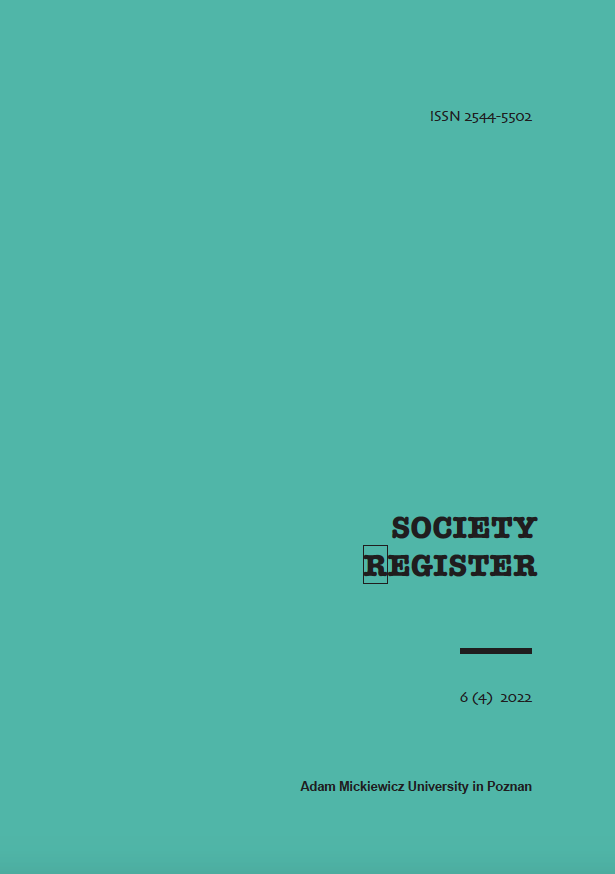The creation of high self-esteem as a voting incentive
The creation of high self-esteem as a voting incentive
Author(s): Miriam SokalskiSubject(s): Sociology of Politics
Published by: Uniwersytet Adama Mickiewicza
Keywords: populism; emotions; identity; self-esteem; dignity; collective narcissism; egoism; Prawo i Sprawiedliwość (PiS); conscience; altercasting;
Summary/Abstract: “The statesman’s task is to hear God’s footsteps marching through history, and to try and catch on to His coattails as He marches past” (Otto von Bismarck). Populist movements all across the globe somehow managed to catch it. Additionally, this happens in the most highly advanced and well established democracies of the world. What is even more intriguing is that the explanatory power of classical variables to account for this dynamics seems limited. On the other hand the role of emotions and the constructivist power of the mind by which they are created prove to be enormously insightful. Despite those observations there exists no systematic approach to the affective dimension. In contrast to investigations, that mainly focus on one single emotion, such as the politics of fear, here the interplay of the whole emotional game is regarded key to uncover the unseen, but felt reality underneath: The analysis reveals that the emotional negativity is mainly generated as a means to an end, namely to create at the same time a positive antidote and remedy. The strongest common denominator of this emotional logic is the technique of Altercasting, whereby the negativity is projected onto alter while what is positive is used to construct auto-affirmative identity-concepts of ego. This in turn led to the conclusion that self-esteem, which is hardly ever analyzed in these contexts, lies at the heart of the emotional constellation. Populist voters are therefore not primarily seen as opponents to democracy, but much more as seekers of a positive self-concept. Therefore the democratic system´s diminuition could be understood as a collateral damage to something much deeper seated in the human psyche. The case study chosen here is the PiS party´s election victory in 2016, which, on the abstract level of rhetorical meta-frames, is regarded as a pars pro toto for what is observed globally.
Journal: Society Register
- Issue Year: 6/2022
- Issue No: 4
- Page Range: 77-100
- Page Count: 24
- Language: English

